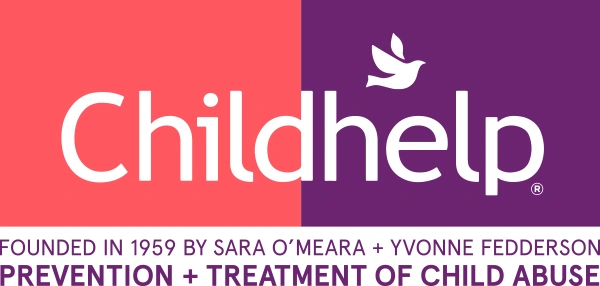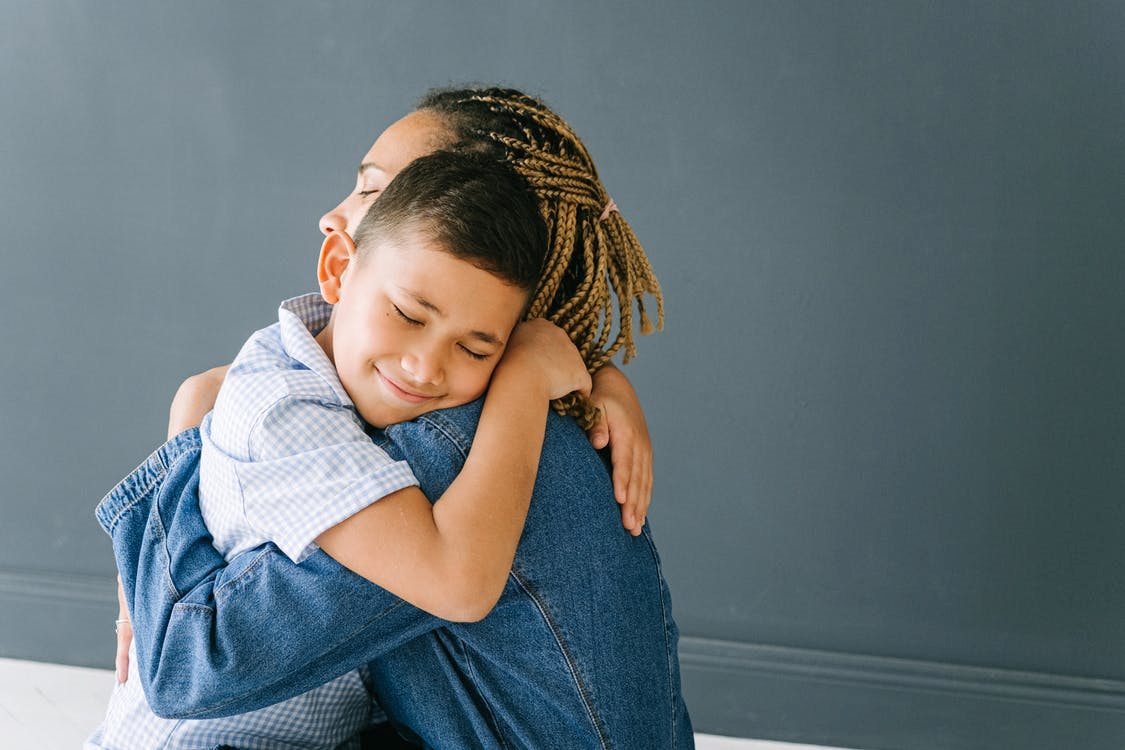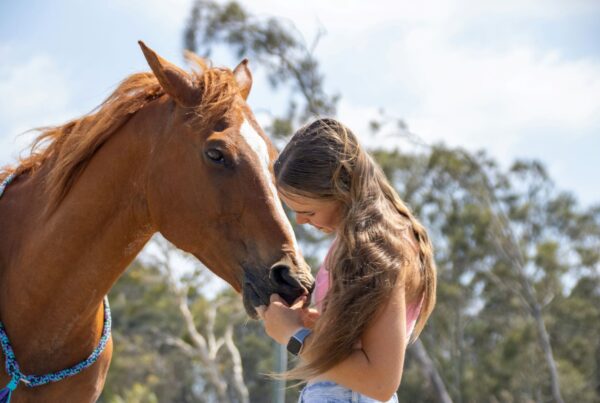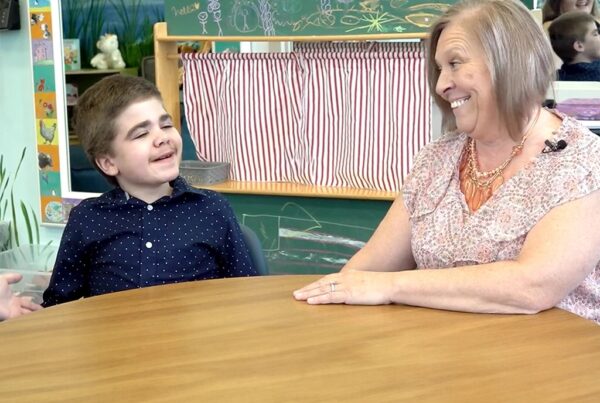Grief is a place called Uvalde, Texas where 19 children and two teachers were killed, and 17 others were wounded in a school shooting. Our sorrow, sympathy, pain, and prayers are with the families and survivors who must go on. May they find healing, peace, and eventual hope, and may we, as a nation, find our way to a better place.
When incidences that impact our world fill every station with stories of loss, sadness, and fury, our children, grandchildren, and others in our care can feel overwhelmed by the power of adult anger and upset. We understand those deep emotions, but also know that it is so important to communicate carefully during difficult days so that little ones in our lives can process traumatic events.
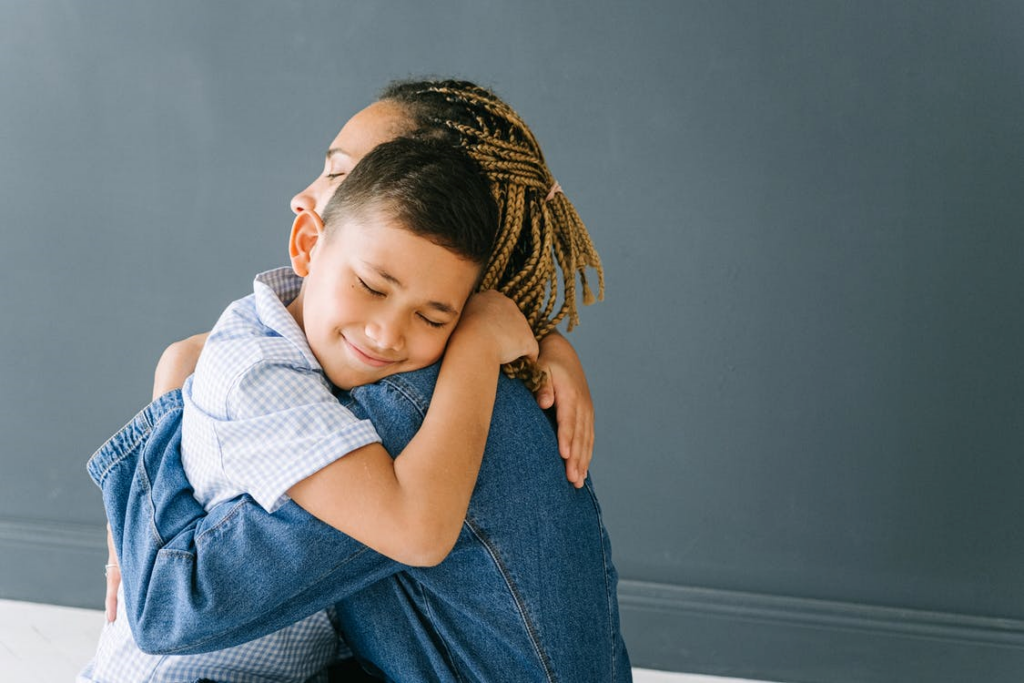
Childhelp National Child Abuse Hotline expert Larel Jacobs tapped into her clinical background to offer some thoughtful tips:
LET THE CHILD LEAD:
Let the child lead the conversation so that you answer questions without stoking new fears or concerns. Keeping responses calm, caring, and developmentally appropriate will ensure that questions and fears are addressed without burdening a child with too many details. It’s OK for children to know you are sad too and talking about those feelings can help normalize the grieving and help-seeking process.
LIMIT EXPOSURE:
We understand the desire to follow breaking stories, but avoiding exposure is best for toddlers, limiting exposure with dialogue is essential for grade-school aged children, and monitoring exposure with more complex conversations helps older youth process what they are witnessing in real time.
STICK TO ROUTINES:
Make an effort to stick with familiar routines and activities children enjoy to increase a sense of safety and predictability in their immediate world. Tragic events are often chaotic, shattering a child’s sense of wellbeing and comfort. Adding a little extra TLC in a child’s daily, structured environment can reassure a worried heart.
REASSURE:
Reassure children of your love and support by providing them a safe place to express their feelings. Young children might be concerned seeing their parents upset or become fearful and clingy. Teens could express anger or frustration. Meet them where they are and allow them to work through those feelings. Offering young people something to do or a way to help can be valuable. Drawing feelings, like we teach at Childhelp, letter writing, or finding ways to help communities in crisis can empower children when the world feels out of control.
…And hug the children in your life closely and tell them you love them every day.
